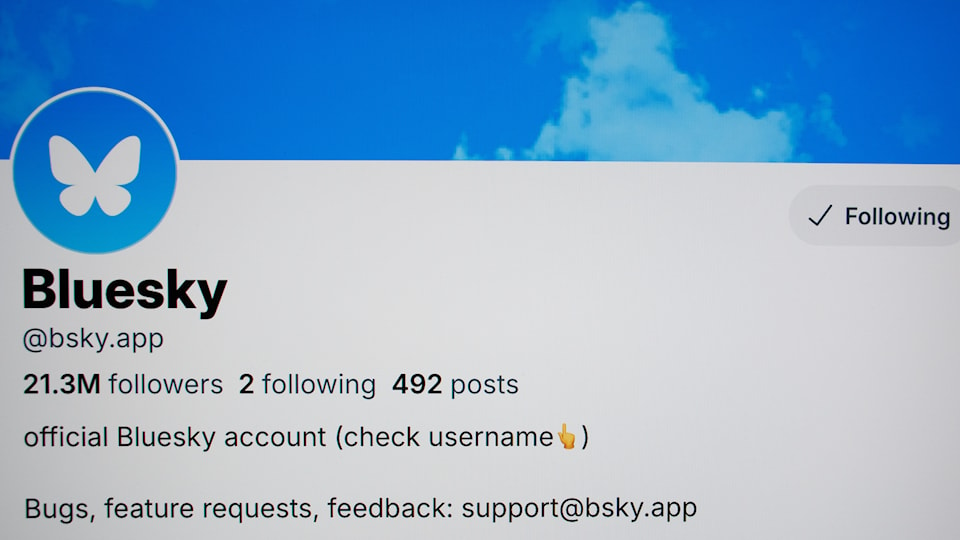The social app, Bluesky, will soon release a new photo-sharing app called Flashes.
The new app will be powered by the AT Protocol, the same technology Bluesky uses and will be built by code.
AT Protocol is used for public conversation and is an open-source framework for building social apps.
It is also used in the third-party iOS and iPadOS Bluesky App, Skeets.
“Professional photographers, depending on what part of the industry they’re in, some of them do use Instagram mostly to promote their work and some use LinkedIn,” said David Scott, a professor and program coordinator of the photography diploma program at Humber.
“So having an alternative to Instagram would be a good thing,” he said.
Scott said having an alternative is a good thing because a lot of creative and arts-based people are not thrilled with the companies that own these social media platforms.
“I know a lot of photographers that moved away from Twitter (or X) because they don’t agree with Elon Musk’s policies and you know his whole political beings so it’s a good thing [to] somewhere else share visual content,” he said.
Scott is not a huge user of Bluesky yet. However, he sees it being used more in the future.
“I’ve had to look at it the last couple of weeks because people have been talking about it, but it may become the next thing,” he said.
“We’re moving away from X. (It) might be a refreshing change perhaps,” Scott said.
He said they're not big platforms for professional photographers, but they would likely be used more by content creators and social media managers.
“I mean, some wedding and portrait photographers use Instagram to promote stuff and maybe some commercial advertising work as well, so having another platform, it can only be a good thing," Scott said.
“I think video is growing in a content source to post rather than purely just still images, so having another outlet for short clips of motion and things with a bit of video content will be welcomed by photographers that maybe want to show a bit of behind the scenes video or a bit of in process or a gallery show with panning shots of venues, so it’s a good thing," he said.
Mike Wise, a professor in the journalism program at Humber, said Bluesky gives a little bit more flexibility in how much moderation the user wants.
“It gives you more tools to block toxic people or just to mute them,” he said.
“I’d rather see a place where you have those tools,” Wise said.
He said his interest is in Bluesky and Mastodon, which are a part of the trend towards returning the internet to itss roots”.
“As we’ve seen, the media has seen with Meta platforms, we’ve lost the ability to post any sort of news on Facebook or Instagram,” he said.
According to an article on TechCrunch.com, the new app would not be used as a clone of Instagram.
Wise said X (formerly Twitter) has made it easier for people to buy their verification and is unsure what the algorithm is doing to change it.
“Without having seen Flashes, we don’t know if developers are bringing the same sort of moderation to it,” he said.
“We’ve seen Meta turn away from fact-checking and certainly exchanged its moderation policy, that caused a lot of people to look at Bluesky given the ease of going over there,” Wise said.
He said the only way to address the toxic nature of social media is to have the ability for users to filter out and shut out people who are being toxic and harassing them.
TechCrunch said the developers are hopeful to have the app available to users in a matter of weeks.
Bluesky reached the milestone of 13 million users in November 2024 and is now up to 27.5 million.
Anyone interested can follow the Flashes account on Bluesky for updates on development.



